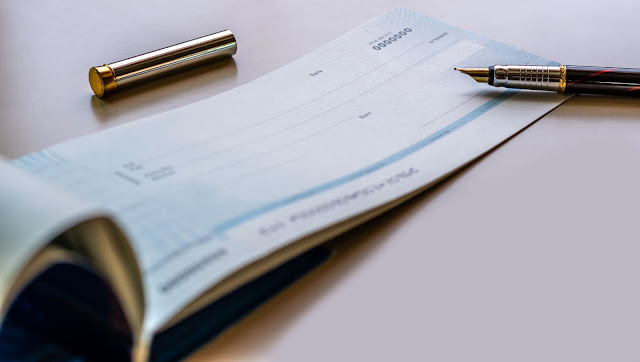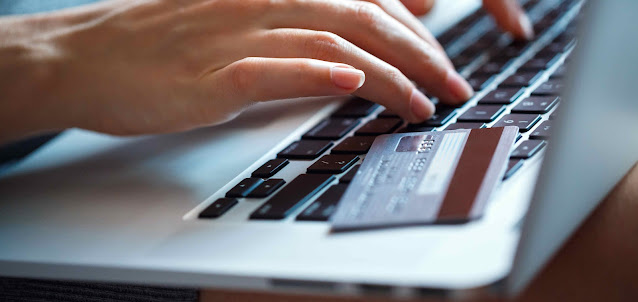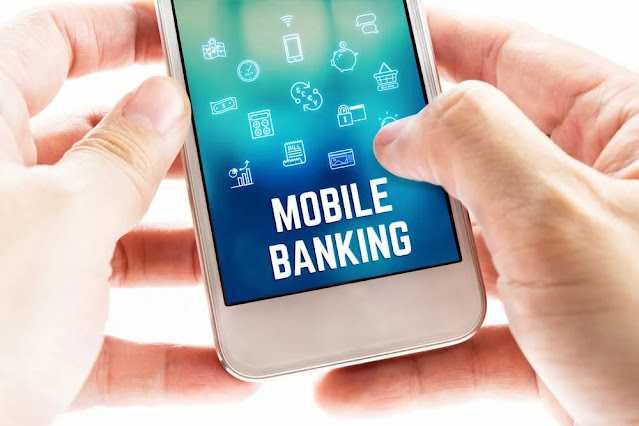Transactions Where You Can Use Personal Checks
In a world dominated by electronic transactions, the enduring relevance of personal checks may surprise you. Let's delve into the scenarios where personal checks shine, offering a secure and reliable alternative to their digital counterparts.
The Payee Perspective: When and Why Personal Checks Matter
Have you ever found yourself in a situation where the payee insists on receiving payment via check rather than through electronic means? It's more common than you might think. Small business owners, landlords, and educational institutions often prefer personal checks, creating specific scenarios where this traditional mode of payment excels.
1. Working with Contractors: Secure Transactions, Project Progress Tracking
When collaborating with contractors on substantial projects, opting for personal checks is a prudent choice. Beyond ensuring your payment contributes to the project, the use of checks facilitates meticulous tracking of your financial investment. Contractors frequently request check payments, establishing a secure and traceable transaction process.
2. Collaborating with Freelancers: Checks as the Safest Payment Mode
Freelancers, not equipped for card transactions, frequently lean towards checks as their preferred payment method. While online payment options exist, checks remain the gold standard for safety. Choosing checks ensures a secure and reliable mode for both making and receiving payments.
3. Rent and Security Deposits: Safety, Proof, and Lowering Disputes
Paying rent and security deposits often necessitates the use of personal checks. This method not only guarantees a secure transaction but also serves as tangible proof of payment. Landlords prefer checks to reduce the likelihood of disputes over rent. Despite money orders being a secure alternative, checks prove to be a more cost-effective choice.
4. College Tuition: Bypassing Fees and Ensuring Prompt Payments
When dealing with college tuition, personal checks emerge as a preferred choice. While colleges may allow card transactions, the associated percentage fees can be a deterrent. Opting for checks not only eliminates processing fees but also ensures a swift and well-documented payment process, guarding against issues related to late payments.
5. Making Large Payments: The Prudent Choice for Documentation
In situations requiring significant payments, such as venue deposits or car down payments, personal checks reign supreme. Utilizing checks provides a robust way to confirm payment reception. The documented proof of cashed checks serves as valuable evidence during processes requiring proof of income and security validations.
Conclusion: Embracing the Versatility of Personal Checks
In a world increasingly reliant on digital transactions, personal checks persist as a secure, trackable, and preferred mode of payment in specific scenarios. Recognizing these situations empowers individuals to make informed choices, ensuring the safety and efficiency of their financial transactions.
Frequently Asked Questions (FAQs)
Q1: Why do contractors prefer payment via personal checks?
A1: Contractors often request personal checks for secure transactions and transparent tracking of project-related payments.
Q2: Why do freelancers opt for checks instead of online payment methods?
A2: Freelancers, lacking card payment facilities, choose checks for their inherent safety and reliability compared to online options.
Q3: Are personal checks the only safe option for paying rent and security deposits?
A3: While money orders are an alternative, personal checks offer a secure, cost-effective, and dispute-reducing payment method for landlords and tenants.
Q4: What advantages do personal checks offer when paying college tuition?
A4: Personal checks eliminate processing fees associated with card transactions, ensuring swift and well-documented payments for college tuition.
Q5: How do personal checks serve as documentation for large payments?
A5: Personal checks provide tangible proof of payment, aiding in verifying the source of funds and facilitating necessary documentation for significant transactions.


.jpg)

Comments
Post a Comment